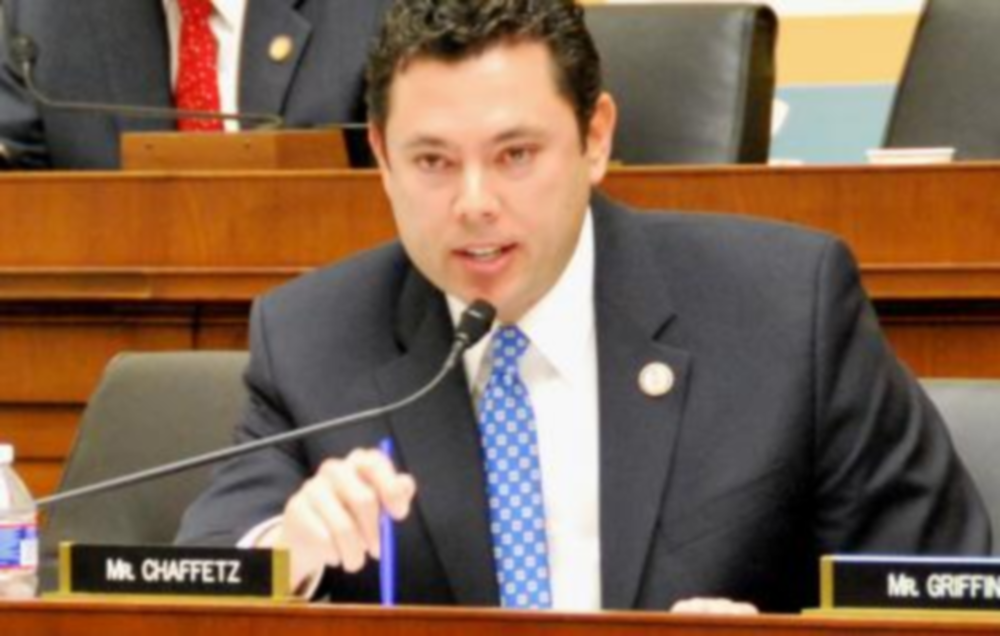The House Committee on Oversight and Government Reform has demanded that the U.S. Postal Service deliver it a detailed accounting of cost allocations for its competitive products, alleging that the agency may be in violation of the Postal Accountability and Enhancement Act (PAEA) by using revenues from market dominant products to prop up its shipping business.
“Opportunities for unlawful cross-subsidization exist in a number of areas. In fact, some of the Postal Service’s actions and public statements have heightened the Committee’s concerns about cross-subsidization,” said a letter addressed to Postmaster General Megan Brennan on May 13 and signed by Committee Chairman Jason Chaffetz (R-UT) and Mark Meadows (R-NC), chairman of the subcommittee on Government Operations.
The letter singled out funding of the USPS’s expanding shipping activities as the focus of its inquiry. “Given that Postal Service ‘package delivery’ products are almost solely competitive in nature, it is important to ensure [that] a bright line separation between marketing dominant products and competitive products is maintained.”
PAEA mandated that products such as package and shipping be self-supportive to keep them on a level playing field with public sector competitors like FedEx and UPS. It also required competitive businesses to cover a 5.5% share of institutional costs incurred by the entire postal network.
To learn whether USPS is complying with these mandates, Chaffetz and Meadows made eight requests of Brennan, including an explanation of how costs would be distributed for the purchase of new delivery vehicles, an explanation of why the percentage of competitive product cost attribution has declined since PAEA was passed, and the methodology for attributing costs for Sunday delivery of Amazon packages.
Both FedEx and UPS have filed comments with the Postal Regulatory Commission (PRC) over the past year, calling attention to what they perceive as unfair advantages for the government regulated monopoly.
Following the release of its Annual Compliance Report earlier this year, UPS complained to the PRC that “there are serious, deeply embedded problems with the manner in which the Postal Service is accounting for costs of its competitive products business.” The shipper charged that USPS misclassified its institutional costs and placed “upward price pressure on market dominant mail, because institutional costs are borne disproportionately by market dominant mailers.”
Both shippers contend that the Postal Service is able to use its government supported infrastructure and exclusive access to mailboxes to give it an unfair advantage in competitive businesses. When the Postal Service lowered commercial rates on Priority Mail last year, FedEx complained that USPS could undercut its price on packages in the 9- to 22-pound range by as much as $14.
Sources familiar with the postal industry who asked not to be named suspected that UPS played some role in the action taken by the Oversight Committee. It’s a dicey game the private shippers play, though, noted one observer who said that both FedEx and UPS themselves do business with the Postal Service. FedEx was the agency’s leading supplier with $1.4 billion in postal business during 2014. UPS did less business with the Post Office–$123 million according to Husch Blackwell LLP–hence the theory that it was UPS pushing the envelope.
“Someone’s gotten the committee to take this up, but it couldn’t happen at a worse time,” said another industry insider. “Senior management of the Postal Service is heading out to the National Postal Forum, so I can’t believe they could even start working on this request until sometime next week. They’ll most likely ask for an extension.”





